
Dr Cherie Blenkiron
With her interest in exploring small cell-shed packages called ‘extracellular vesicles’ as diagnostic biomarkers she is a current board member of the International Society for Extracellular Vesicles (ISEV), a founder of the recently launched Australia New Zealand Society for Extracellular Vesicles (ANZSEV) and Associate Director of the local Hub for Extracellular Vesicle Investigations (HEVI). She is also an Associate Editor for the prestigious Journal of Extracellular Vesicles (JEV). Cherie also has an interest in human tissue-based research and ethics aiding her role as Science and Ethics Advisor for the Auckland Regional Biobank.

Professor Mike Findlay
Michael Findlay completed his undergraduate studies at the University of Otago in 1983. He was awarded his Fellowship of the Royal Australasian College of Physicians in 1990 after training in Wellington and Sydney. His post-fellowship research in the treatment of gastro-intestinal cancers at the Royal Marsden Hospital in London resulted in the awarding of the degree of Doctor of Medicine in 1995. After appointments at Sydney Cancer Centre and Wellington Cancer Centre between 1994 and 2002, he was appointed as the foundation Professor in Oncology, School of Medical Sciences, Faculty of Medicine and Health Sciences, at The University of Auckland. With his appointment and support from the Cancer Society Auckland and Northland, he established Cancer Trials New Zealand, a clinical trials coordinating centre engaged in the design and conduct of clinical and translational trials in a wide range of cancer types. Until 2016 he was Deputy Chairman of the Australasian Gastro-Intestinal Trials Group and remains on its Scientific Advisory Committee and Upper GI Cancer Working Party. Michael is a board member of the Gut Cancer Foundation, a charitable organisation established in New Zealand to raise awareness and funding for research into GI cancers. Michael is an advocate of research-driven cancer care.
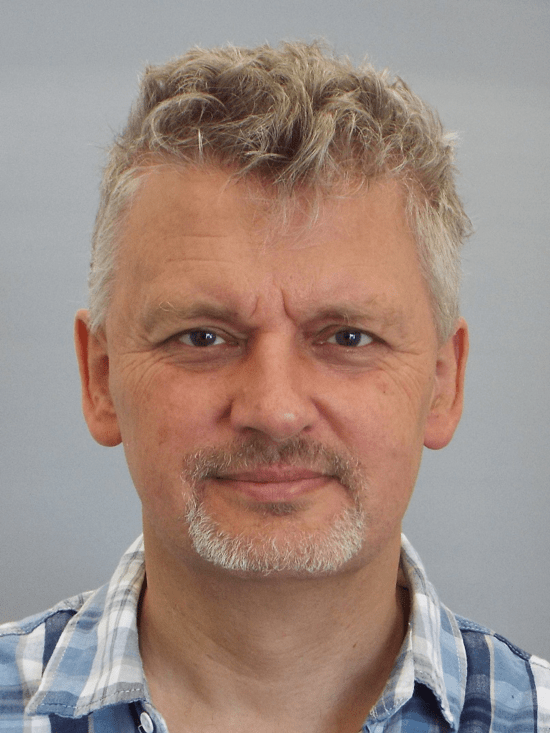
Associate Professor Michael Jameson
Associate Professor Michael Jameson FRACP FRCP (Edin.) PhD is a Consultant Medical Oncologist at Waikato Hospital, Hamilton, New Zealand, and Assistant Dean, Waikato Clinical Campus, Faculty of Medical and Health Sciences, University of Auckland. His clinical training was undertaken in NZ and the UK, including a year at the Royal Marsden Hospital, Fulham. He conducted a Cancer Research Campaign phase I trial of DMXAA in Auckland towards his PhD. He has been a consultant at Waikato Hospital since 2000, where he was also the Clinical Director of Medical Oncology from 2008-2011, and was supported from 2007–2016 by the Waikato/Bay of Plenty Division of the Cancer Society of NZ to spend 2 days a week developing and conducting research. He was president of the NZ Society for Oncology from 2011-2013 and was a trustee on local and national research charities and research foundations. Since September 2016 he has been head of the University of Auckland’s Waikato Clinical Campus in Hamilton, which supports training of medical students and postgraduate training of several disciplines.
His research interests are broad and include clinical trials, translational research, early phase drug development, repurposing drugs in oncology and exploring the role of selenium in preventing cancer and modulating the efficacy and toxicity of cancer treatments.
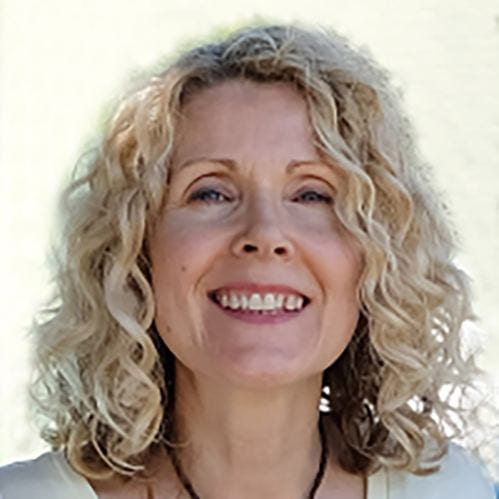
Dr Annette Lasham
Annette Lasham in a cancer genomics researcher with a special interest in breast cancer. She completed her PhD at the Medical Research Council laboratories in Cambridge, UK and then came to New Zealand to join the biotechnology company Genesis Research and Development. There she was inventor on a number of patents including several on the transcription factor YB-1. Much of her research career has been focused on molecular and cellular biology, but since joining the University of Auckland in 2009, she have been applying bioinformatics to the analysis of genomics data, for statistical model building, etc. She has undertaken courses on Systems biology and Python. From 2007 on she has been the NZ representative on Scientific Advisory Committee for CellBank Australia and from 2018 the Scientific representative on Clinical Advisory Group for the Breast Cancer Foundation NZ National Register
Currently, she has a particular interest in developing biomarkers for New Zealand breast cancer patients, and has been working towards identifying prognostic biomarkers for invasive breast cancer and ductal carcinoma in situ. She has also been working on the cancer gene TP53, in particular the study of alternative TP53 forms in breast cancer. She has devised highly novel digital PCR assays and are using these to provide a completely new insight into the role of individual TP53 forms in breast cancer. She has also continued research on YB-1, most recently supervising a project that identified novel compounds that inhibit the activity of YB-1 in cancer cells. She teaches a number of courses within the Faculty and is supervising two PhD students, in the fields of cancer genomics, cancer biomarkers and bioinformatics.

Dr Ben Lawrence
Dr Ben Lawrence is a Medical Oncologist who looks after people with gastrointestinal cancers and neuroendocrine tumours (NETs). He is Head of the Department of Oncology at the University of Auckland. He trained at the three Auckland Hospitals, the Translational Genomics Institute in Arizona, and Yale University. He co-directs an integrated research and clinical programme called NETwork! with Professor Cris Print as a translational partner. The Network! team undertake multi-level tumour sequencing of NETs looking for predictive biomarkers informed by genomics. Dr Lawrence is the immediate past-President of the New Zealand Society for Oncology. He collaborates with cancer researchers in Australia, USA, and Europe, and is Principal Investigator on several multinational and collaborative group trials. His clinical and research work explores precision medicine in cancer care.
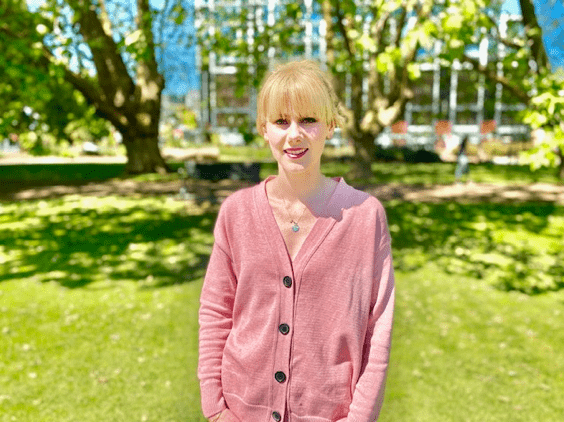
Dr Amy Lovell
Dr Amy Lovell is a New Zealand Registered Dietitian and early career researcher, completing her PhD in 2019. She has a dual role as an academic at the University of Auckland and paediatric oncology dietitian at Child Health. Amy has designed and delivered several large scale nutrition RCTs in early life nutrition and is part of the research team for the Infant Health Program, High-Value Nutrition (National Science Challenge). In paediatric oncology, she is a co-author for a chapter on the nutritional management of childhood cancer with Dr Jennifer Cohen in the 7th edition of the Handbook of Clinical Nutrition and Dietetics, Australia. Amy is currently supervising five MHSc Nutrition and Dietetics students. One research project explores the nutrition needs of childhood cancer survivors and has established a research collaboration with the Kids Cancer Centre, Sydney Children’s Hospital, to complete an RCT for whānau and child cancer survivors in 2022. Obtaining funding from Te Aka has enabled Amy to conduct a pilot feasibility study at the Starship Blood and Cancer Centre in 2022. This study hopes to measure the changes in body composition and presence of micronutrient deficiencies in children diagnosed with cancer across the first year of their treatment.
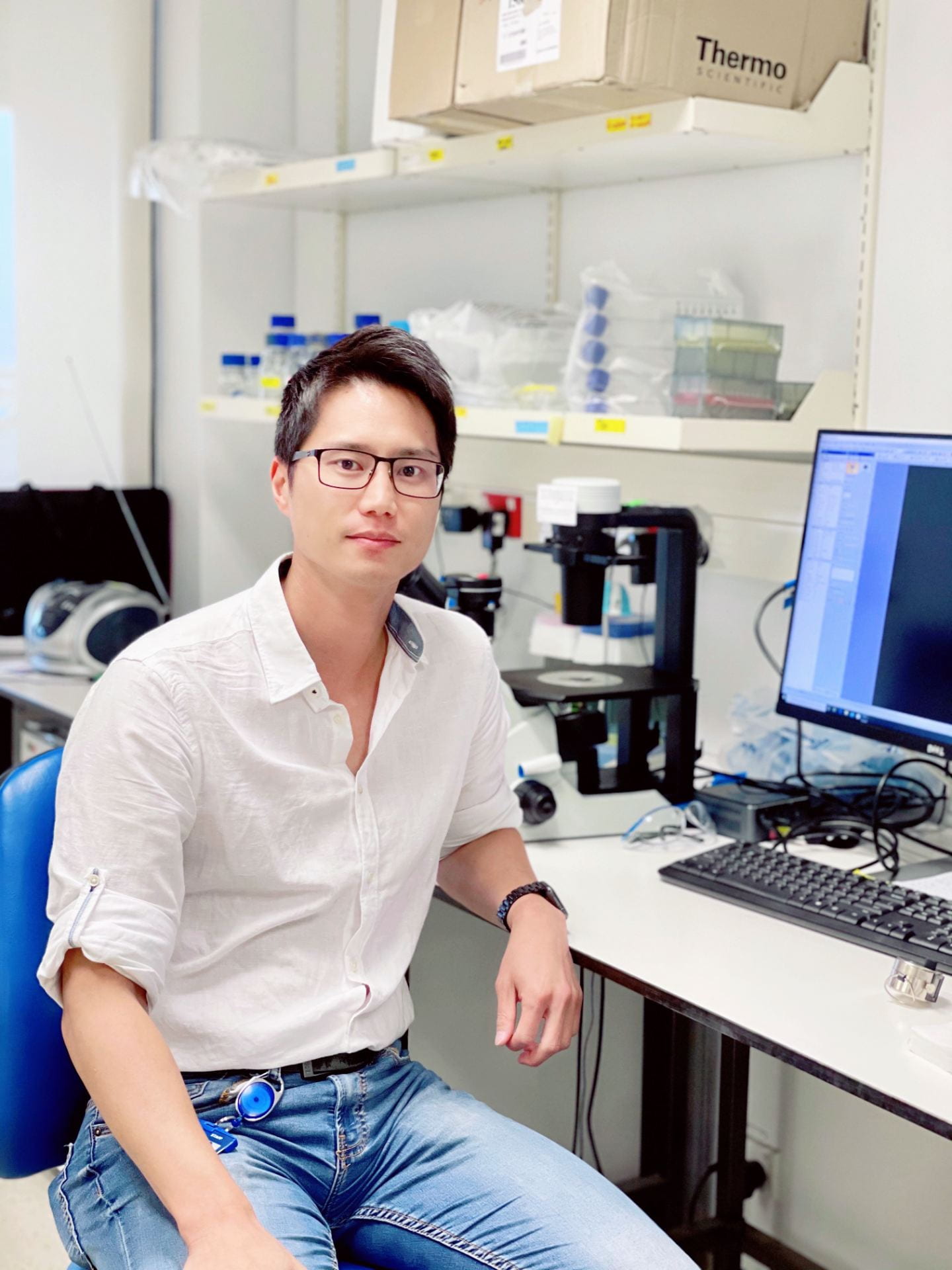
Dr Thomas Park
Dr Thomas Park received his PhD in Neuroscience at the University of Auckland in 2011 and is currently the Neurosurgical Research Unit Senior Research Fellow at the Centre for Brain Research at the University of Auckland. His research utilises normal brain and brain tumour cells isolated from donated neurosurgical specimens (Hugh Green Biobank) to elucidate how the brain’s own machinery influences tumour progression and treatment resistance. Dr Park and his team are investigating several neurogenic molecules and cells that may influence tumour cell migration and the immune microenvironment and are collaborating with clinicians, medicinal chemists, and bioengineers to develop methods of correctly identifying and targeting these pathways. One such project has been enabled by the generous support from the Centre for Cancer Research. This collaborative multidisciplinary project involving Dr Park’s team, clinicians at ADHB, and bioengineers at ABI, aims to develop an equitable digitised brain tumour diagnosis platform that can also aid in drug discovery.
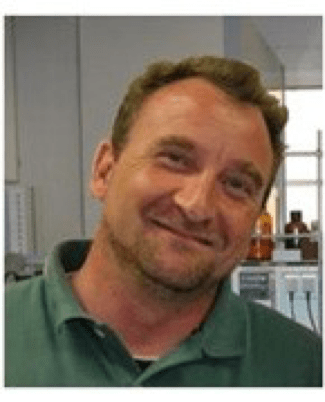
Assoc. Professor Adam Patterson
Associate Professor Adam Patterson obtained his degree in Biochemistry from The University of Oxford, before completing a PhD in drug development to exploit tumour microenvironmental abnormalities, jointly at the Institute of Molecular Medicine (ICRF, Oxford) and the MRC Radiobiology Unit (Harwell, Oxford). He completed his post-doctoral studies at the Department of Pharmacy, University of Manchester before moving to New Zealand in 2000 to pursue a career in cancer drug discovery. He currently leads the Translational Therapeutics Team at the Auckland Cancer Society Research Centre (ACSRC), an internationally recognised academic drug development laboratory based at The University of Auckland. He is also Principle Investigator of the Maurice Wilkins Centre for Molecular Biodiscovery. His research is largely focused on exploiting the solid tumour microenvironment as a therapeutic target, including both small molecules and biological agent based platforms. Together with his team, his focus is on discovering cancer therapies with real world impact that offer tangible hope to cancer patients. His overarching goal is to change the survival odds for people diagnosed with cancer patients. To achieve this, a blend of academic and commercial ambition is essential, with a clear emphasis on discovering novel drugs with striking preclinical activities. By searching for high quality chemical matter real progress can be achieved. This is vital in the highly competitive oncology drug biotech space. By identifying active agents that have novel mechanisms of action and well defined biomarkers (predictors of activity) it is possible to launch national and international clinical trials. The teams’ ambition is to conduct world class drug discovery that ensures immunotherapy has the greatest possible chance of working.

Professor Cris Print
Cris graduated in Medicine from the University of Auckland in 1989 and began research while working as a house surgeon in Dunedin, NZ. A PhD in the University of Auckland led to a four-year postdoctoral fellowship in the Walter and Eliza Hall Institute in Melbourne, Australia before six years in Cambridge University, UK. While there he co-founded a genomics and bioinformatics company and in 2005 he returned to the University of Auckland where he leads a cross-disciplinary research team of clinicians, cell biologists and data scientists who use genomics, systems biology and bioinformatics to better understand human disease, especially cancer. He leads the Genomics Into Medicine Strategic Research Initiative in Auckland and Chairs the Auckland Regional Biobank Scientific Advisory Board. He is Deputy Chair of the NZ Institute of Environmental Science and Research (ESR) and one of the Principal Investigators of the Maurice Wilkins Centre and of the Genomics Aotearoa Rakeiora program. Previously, he has served as President of the NZ Society for Oncology, Vice President of the Auckland Museum Institute and as Director of the Bioinformatics Institute at the University of Auckland.

Dr Hayley Reynolds
Hayley Reynolds is a Senior Research Fellow at the Auckland Bioengineering Institute (ABI) at The University of Auckland, supported by a Sir Charles Hercus Health Research Fellowship from the Health Research Council of New Zealand. She leads a cancer imaging research group at the ABI which focuses on the accurate diagnosis, staging and treatment of cancer through developing and applying bioengineering techniques to medical imaging data. She obtained her PhD majoring in Bioengineering in 2009 and a Bachelor of Engineering (Honours) in Engineering Science in 2004, both from the University of Auckland. During her PhD she created a 3D computational model visualising patterns of melanoma metastasis from the skin to lymph nodes. She then carried out postdoctoral research in the Biomechanics for Breast Imaging group at the ABI. Hayley relocated to Melbourne in 2011 to work for 8 years at the Peter MacCallum Cancer Centre (PMCC), Australia’s only public hospital solely dedicated to cancer. While at PMCC she worked on developing novel approaches to prostate cancer radiotherapy and imaging biomarkers for kidney cancer.

Dr Anna Serlachius
Dr Anna Serlachius is a health psychologist and Senior Lecturer in the Department of Psychological Medicine at the University of Auckland. She completed her MSc in Health Psychology at University College London and went on to do a PhD at the University of Melbourne/Murdoch Children’s Research Institute. After her PhD, she worked on the Cardiovascular Risk in Young Finns Study, based at Helsinki University and later at Columbia University.
Dr Serlachius has published more than 40 journal articles and her research programme aims to develop cost-effective and scalable interventions to improve psychological and physical health outcomes, with a focus on youth with chronic health conditions. Her work is increasingly focused on developing and testing digital wellbeing interventions. She is Section Editor for JMIR Pediatrics and Parenting (Journal of Medical Internet Research).